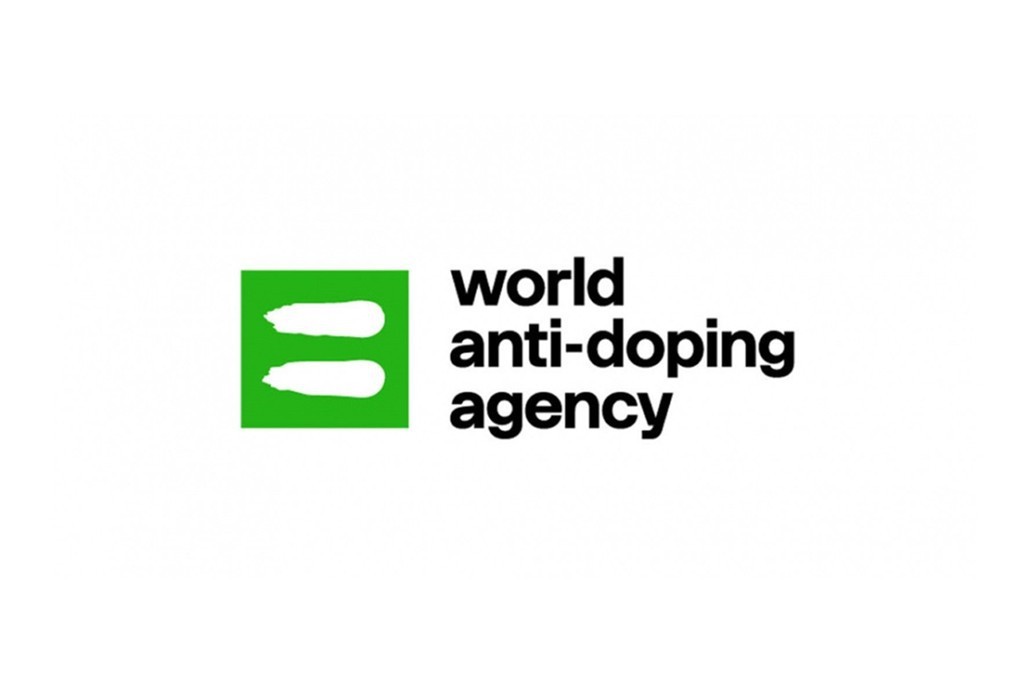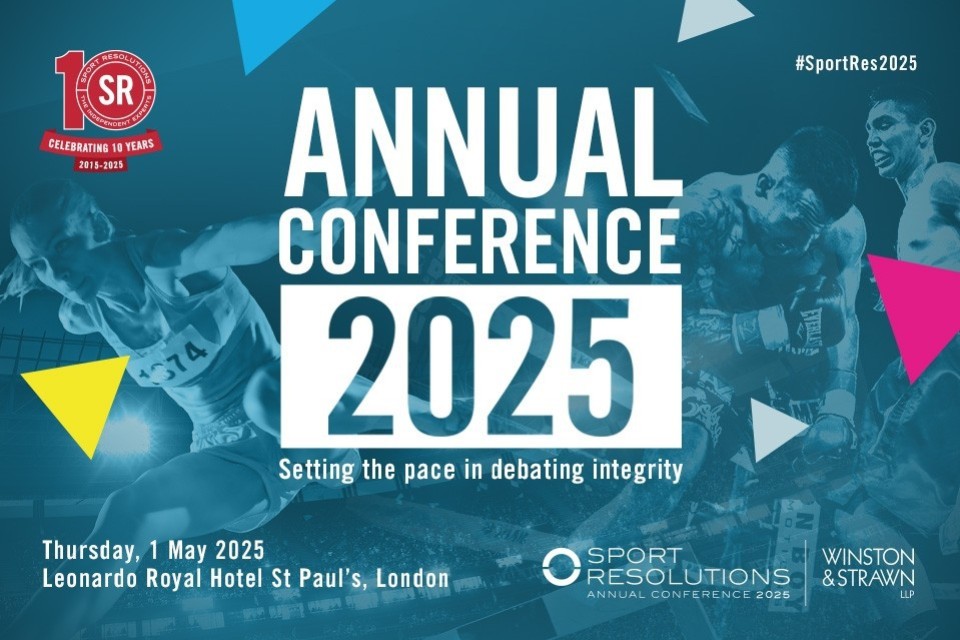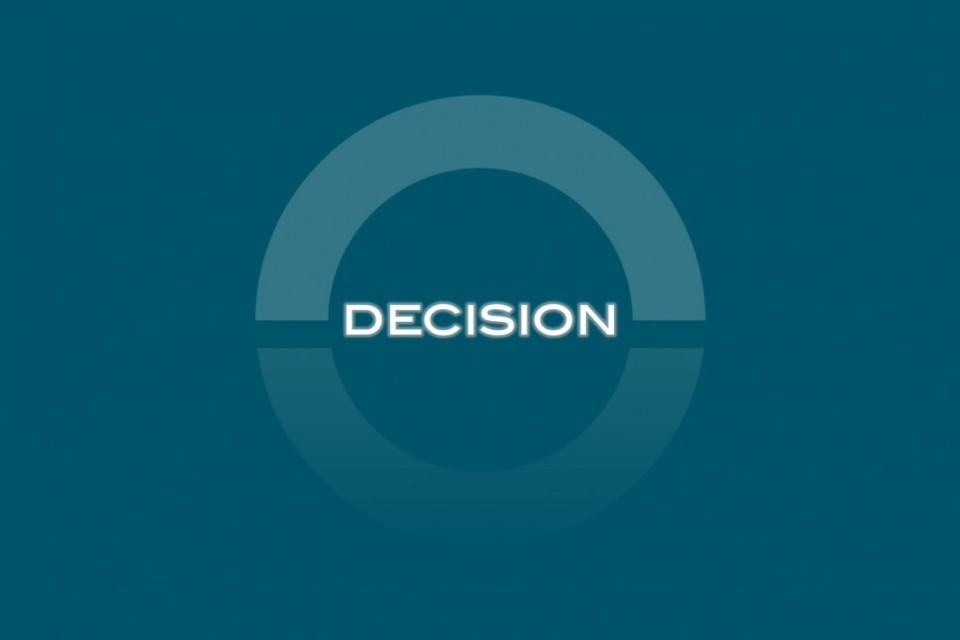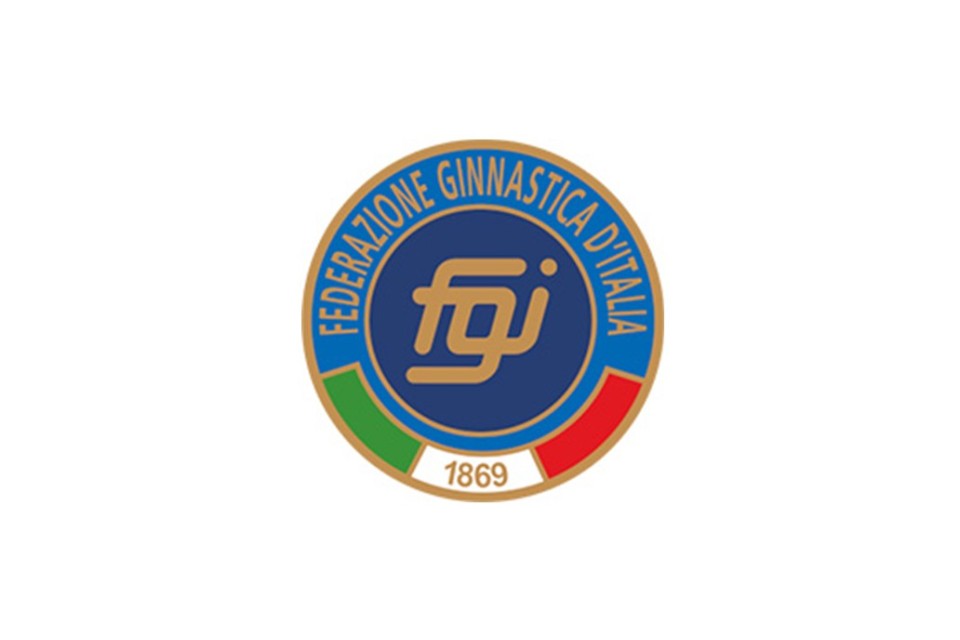Fri, July 12, 2024
European Anti-Doping Agencies call for increased testing of U.S. athletes

On July 11, more than 30 European anti-doping agencies expressed concern in a letter seemingly directed at the United States, stating that professional and college athletes competing in major events, such as the upcoming Olympics, were not being sufficiently tested.
The agencies highlighted their alarm that athletes in professional and college sports systems are not bound by the World Anti-Doping Agency’s (WADA) code, and they called on WADA to conduct an in-depth assessment.
While the letter did not directly accuse the United States, the inconsistent testing in American college and professional sports leagues, such as the National Football League, Major League Baseball, National Basketball Association, and National Hockey League, has long been viewed as problematic by anti-doping officials.
"It is alarming to us that athletes competing at a very high level, such as the college sports system and professional leagues, are not bound by the provisions of the World Anti-Doping Code," the Central European Anti-Doping Organisation (CEADO) said in an open letter to WADA, signed by 31 national anti-doping agencies.
"Based on the available data, the number of samples collected in some of these countries is concerning in relation to the number of athletes taking part in major sporting events such as the Olympic Games and world championships. We are deeply concerned that those athletes apparently are not being sufficiently tested prior to major sporting events."
On July 10, the United States Olympic and Paralympic Committee announced it will send a 592-member team to the Paris Olympics, with 75 percent (444 athletes) having competed at 169 collegiate institutions.
Twenty-one teams have at least 80 percent collegiate participation on their U.S. Olympic rosters, including 15 teams comprising entirely of college athletes.
Although the U.S. is a signatory to the WADA code, private entities such as the NFL, MLB, NBA, and NHL are not bound by the same rules that sport federations must follow for American athletes to compete internationally. Additionally, the National Collegiate Athletics Association (NCAA), which governs college sports, does not recognise the code.
WADA president Witold Banka told Reuters that when he addresses the issue of 90 percent of U.S. athletes not competing under the world anti-doping code, there is little interest in the U.S. to discuss it. "When I mentioned that the U.S. is one of the biggest markets in the world for performance-enhancing drugs and illegal steroids, there is no interest," he said. "First of all, they have to look at their own backyard."
The call for the U.S. to improve its anti-doping measures adds to the friction between the United States Anti-Doping Agency (USADA) and WADA over the latter’s handling of the 23 Chinese swimmers who tested positive but were cleared to compete at the Tokyo Games.
An independent report released on July 9 concluded that WADA had followed established rules and had not mishandled the case. The International Olympic Committee on July 11 supported these findings, but skepticism remains.
Anti-doping groups FairSport and Global Athlete criticised the process as "inherently flawed from the outset due to its limited scope and independence," while USADA chief Travis Tygart questioned whether WADA had been able to "sanitise" the report before its release.



